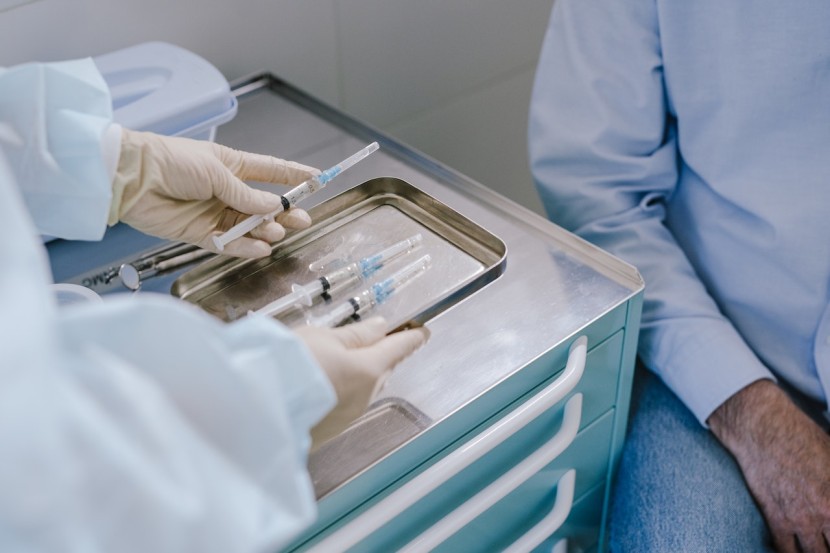
Reportedly, combining Merck's blockbuster immunotherapy Keytruda with an experimental mRNA vaccine produced by Moderna reduced the probability of death or recurrence of the most deadly skin cancer by 44% compared to Keytruda alone.
This is backed by US researchers as they announced it at a medical convention on Sunday, April 16.
Major Breakthrough in Cancer Therapy
Dr. Jeffrey Weber of the NYU Langone Perlmutter Cancer Center, who presented the data, hypothesized that mixing Keytruda, which stimulates the immune response, with a tailored cancer vaccine based on mRNA technology might increase the amount of time patients go without experiencing a recurrence or dying.
In a statement featured by CNBC, Dr. Ryan Sullivan, a melanoma specialist at Mass General Cancer who participated in the research, called the findings "a potential major breakthrough" from the perspective of cancer therapy as a whole.
Presented at the American Association for Cancer Research convention in Orlando, Florida, the results supplement the firms' preliminary findings from December 2022.
Several partnerships, such as the one between Merck and Moderna, use mRNA vaccine technology in conjunction with potent medications that stimulate the immune system to specifically target cancer.
Read Also : Researchers Develop Innovative Topical Cancer Therapy Using Skin-Colonizing Bacteria in Mice
How Does it Work?
The vaccine developed by Moderna is tailored to each individual patient based on a study of their tumors after surgical excision. The goal of these vaccinations is to teach the immune system to detect and destroy certain types of mutated cancer cells.
Checkpoint inhibitors like Keytruda, developed by Merck and authorized to treat melanoma and many other cancers, work by blocking PD-1 (or programmed death 1), a protein that aids cancer in evading the immune system.
Men and women who were at intermediate risk of a recurrence of their melanoma were included in the experiment.
Within two years of follow-up, cancer reappeared in 24 of 107 trial participants (22.4%) who got both Keytruda and the experimental vaccine mRNA-4157/V940. This is a great figure compared to 20 of 50 participants (40%) who received Keytruda alone.
Patients whose tumors included a high number of mutations, a common indicator of immunotherapy response, showed no better response rates than those whose tumors contained fewer mutations.
The researchers observed that both groups had a comparable rate of serious adverse events. The immunization was connected with fatigue more than any other symptom patients reported.
A Lengthy Late-Stage Research
According to Bloomberg, a late-stage study is likely required for approval of the combination treatment. Merck has said that the firms are in discussions with US authorities regarding the design of such a trial.
Eliav Barr, director of global clinical development and chief medical officer at Merck, said in an interview that it might take three to four years before the findings of the bigger studies are revealed.
Barr said that the time it took Moderna to create an individual mRNA vaccination for a patient was about eight weeks.








